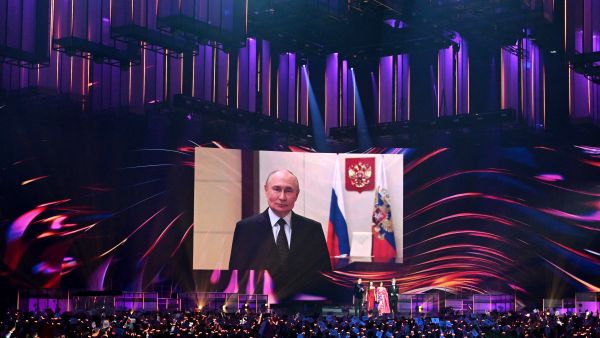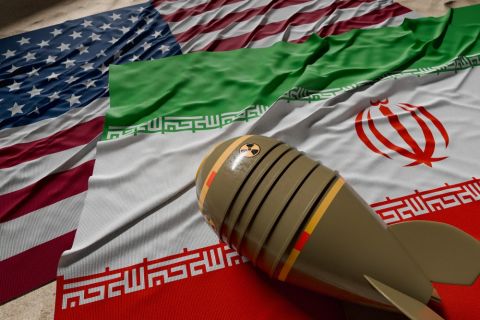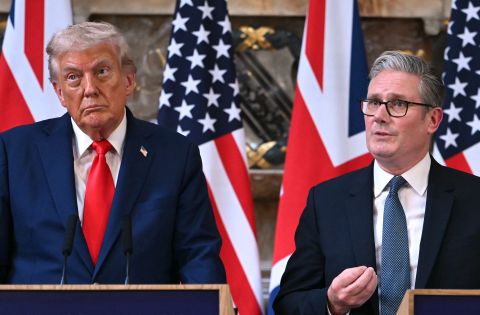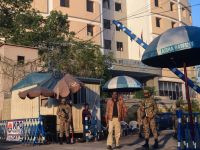ALBAWABA- Russian President Vladimir Putin said Monday that Moscow does not seek to escalate tensions or trigger a new arms race, while warning that Russia remains fully capable of responding to any threat with advanced military means.
Speaking at a meeting of Russia’s Security Council, Putin emphasized confidence in the reliability of Russia’s nuclear deterrent but criticized what he called the West’s “destructive actions” aimed at undermining global parity.
“We are not interested in escalating tension or igniting a future arms race,” he said, according to TASS. “But no one should doubt that Russia can respond to any emerging threats — not only with words, but with technical military capabilities.”
Putin also announced that Moscow is prepared to extend the New Strategic Arms Reduction Treaty (New START), the last remaining nuclear arms pact between Russia and the United States, for one year, provided Washington under President Donald Trump agrees.
The treaty, which limits both nations’ deployed nuclear warheads and delivery systems, is set to expire on February 5, 2026.
“The extension would support global nuclear non-proliferation and help open dialogue with Washington on a successor agreement,” Putin said, adding that Moscow is willing to “stimulate discussions on future frameworks.”
The statement comes amid heightened NATO-Russia friction. Over the past week, Russian fighter jets reportedly violated the airspace of Poland and Estonia, prompting sharp protests from NATO and EU states. Moscow has denied the allegations.
In response, U.S. President Donald Trump vowed to defend Poland and the Baltic states, saying Sunday: “Yes, I would,” when asked if Washington would contribute directly to their defense in the event of escalation.
At the United Nations on Monday, U.S. envoy Mike Waltz reinforced that pledge, declaring: “The United States will defend every inch of NATO territory with its allies.”
The flare-up adds urgency to the future of arms control, with New START now hanging in the balance as both sides weigh whether cooperation is still possible amid rising military confrontations.











